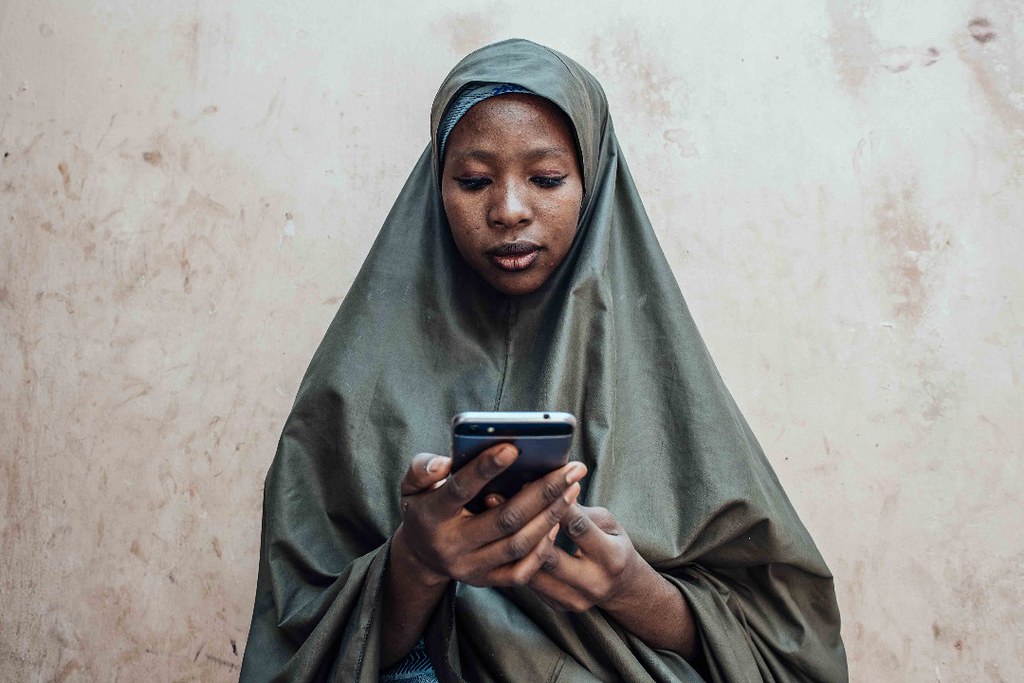Gender Wage Gap in Nigeria

International Women’s Day is a worldwide celebration of women and an opportunity to talk about the importance of gender equality. The theme for International Women’s Day 2023, celebrated on March 8, was the potential of innovation and technology for furthering gender equality. A look into issues surrounding the gender wage gap in Nigeria reveals why this theme was so important.
Gender Equality in Nigeria
The World Economic Forum (WEF) defines the gender wage gap as the difference between average male and female wages, divided by the average male wage. Analyzing the gender wage gap highlights the issues surrounding unequal pay for men and women who work in similar roles. Though statistics on the gender wage gap are more consistently and accurately reported in OECD nations, the WEF estimated that in sub-Saharan Africa in 2021, women received 32.7% less pay than men who held similar positions. Comparatively, the average gender wage gap in the European Union was 10.6% in 2021.
Ranking 123 out of 146 countries in the 2022 Global Gender Gap Report, Nigeria has a long way to go when it comes to gender equality. However, in 2022, the country ranked 16 places higher than the previous year, evidence of the momentum in Nigeria to address the country’s gender inequality. One of the most significant breakthroughs has been a recognition of the importance of women using technology.
The Reason Technology is So Important
Information and Communication Technologies (ICT) have unlocked a new world of opportunities while also creating a further barrier to development and growth for those who cannot access them. This barrier divides, not only along economic lines but also along gendered ones; the creation and use of ICT continue to be male-dominated. As technology plays an increasingly prevalent role in our personal and professional development, equal access to ICT is crucial for achieving future equitable development across the globe.
In Nigeria, ICT availability and accessibility, or lack thereof, among women and girls have played a key role in perpetuating the gender gap. The ability to use and understand ICT is critical to women’s progress in such areas as education, employment, innovation, independence, health and financial stability. Yet, the gap between male and female ICT literacy rates in Nigeria is 48.6%, highlighting the inequitable barriers that women face in their personal and professional development. Investment in this area has the potential to help significantly reduce, not only the gender wage gap but the many other areas of gender inequality that persist in Nigeria.
Solutions
Awareness of this issue in Nigeria has been a significant driver of recent progress. In 2006, the Nigerian Government established a Universal Service Provision Fund (USPF), which aimed to provide everyone with basic internet and telephone service access. As of 2018, Nigeria was one of only three African nations whose USPF specifically referenced the importance of closing the divide in access between men and women. The Nigerian USPF is used to support projects such as the Rural Broadband Initiative and the E-accessibility project. By 2021, 219,000 Nigerian citizens had benefitted from digital training as a result of USPF initiatives.
Research suggests that the following steps could lead to huge progress in closing the digital gender divide:
- Widening access to the internet
- Using more accessible, gender-sensitive language and content
- Educating women in digital literacy
- Addressing cultural attitudes and concerns around women using the internet
- Improving infrastructure
These aims are only achievable, however, through collaboration between domestic and international agencies, government bodies and businesses.
Between 2018 and 2020, Equal Access International partnered with USAID to develop the Tech4Families initiative, which aimed to reduce the digital gender divide by addressing the barriers to women and girls accessing technology at the family level. The first aspect of the project was a 12-part radio program that discussed women in the world of technology, and the second aspect consisted of focus groups that brought family members together. Through the focus groups, Tech4Families enabled families to reflect on the barriers women face when using ICT, discuss practical ways to tackle them, and plan outreach activities to share their new attitudes and ideas with the wider community.
Tech4Families led to significant shifts in community attitudes toward female use of technology in Northern Nigeria, where more than 60% of women do not have access to the internet. By the end of the project, 50% of women and 80% of girls who participated shared that they felt empowered and encouraged to use technology at home. One family member shared that the work of Tech4Families made them “want to put more effort into ensuring that women use the internet in [their] home and workplace.”
While there is much more action that the global community must take, the momentum to increase ICT accessibility among women and girls marks a turning point for decreasing the gender wage gap in Nigeria.
– Polly Walton
Photo: Flickr
